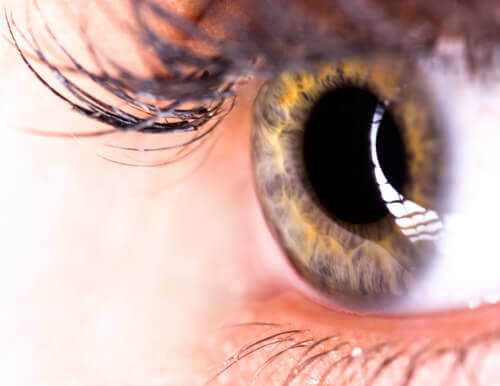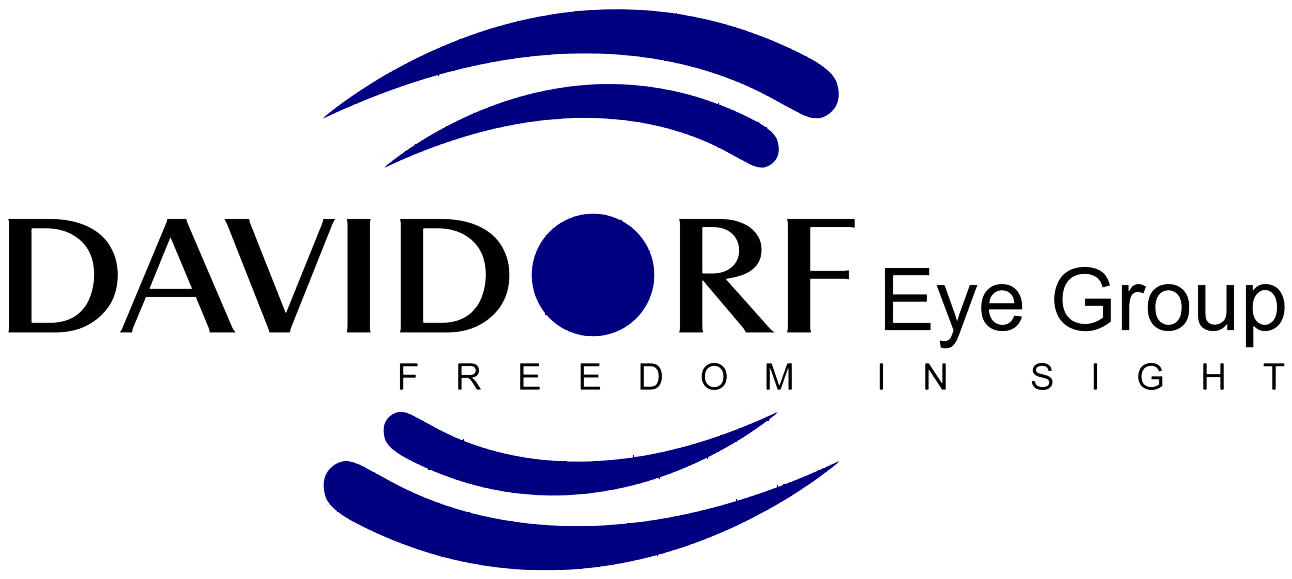
Many people mistakenly believe that just because they don’t wear contacts or glasses they don’t need to get yearly eye exams. Yearly eye exams are about much more than writing prescriptions for glasses. Your doctor will check your eyes for common eye diseases and evaluate the overall health of your eyes.
Most eye diseases, if caught early enough, can be treated and vision loss can be prevented. But somehow, the percentage of people suffering from vision loss only continues to increase year after year. Yearly eye exams are the best way to preserve the long-term health of your eyes and everyone in your family.
Protecting Your Child’s Eyes
If children have vision problems they are less likely to complain or even realize it initially. This is because they don’t understand what “normal” vision is. Vision is closely linked to learning so undetected vision problems can cause issues for your child in school.
If your child is performing poorly in school you should have them examined by an eye doctor. And according to the American Optometric Association (AOA), babies should an eye exam before their first birthday. Children should also have an eye exam before going into kindergarten.
What is Your Eye Doctor Checking for?
During your yearly eye exam, your doctor will evaluate whether you need contacts or glasses and they will also check for signs of common eye diseases. Here are a few examples of things your doctor will be looking for:
- Refractive errors
Refracted errors are things like astigmatism, nearsightedness, or farsightedness. These conditions can usually be fixed with prescription eyewear. - Binocular vision problems
It is possible that your eyes do not work together effectively. Binocular problems can cause headaches and other problems that can affect your daily life. - Common eye diseases
Your doctor will check for common eye diseases such as glaucoma. Many eye diseases are symptom-free in the earliest stages so they can be hard to detect. Early detection and treatment are important so you can minimize your risk for vision loss.
Conclusion
You should always pay attention to any changes in your vision and eyes. Find out if you have any family history of eye disease and be sure to let your doctor know. Contact us today to schedule a comprehensive eye exam with one of our doctors at either our West Hills or great Los Angeles locations.



